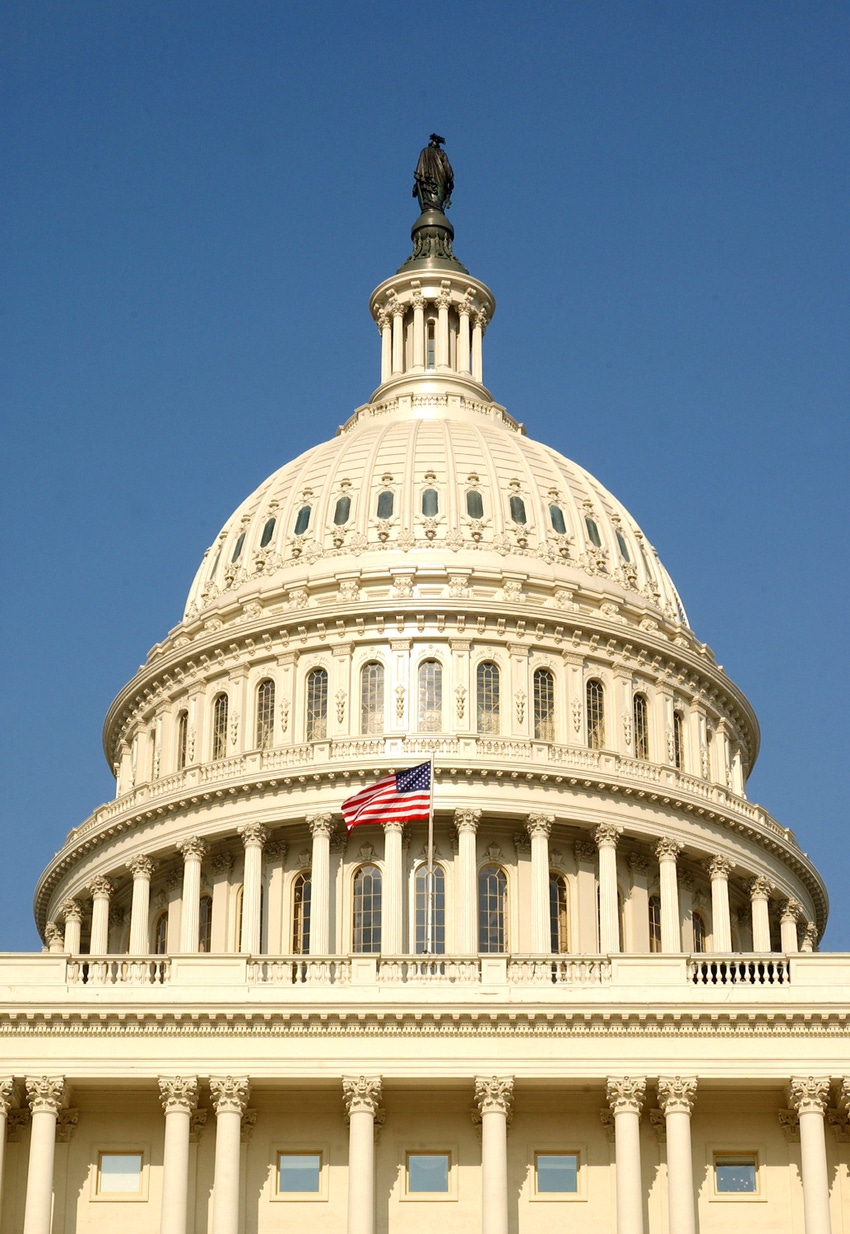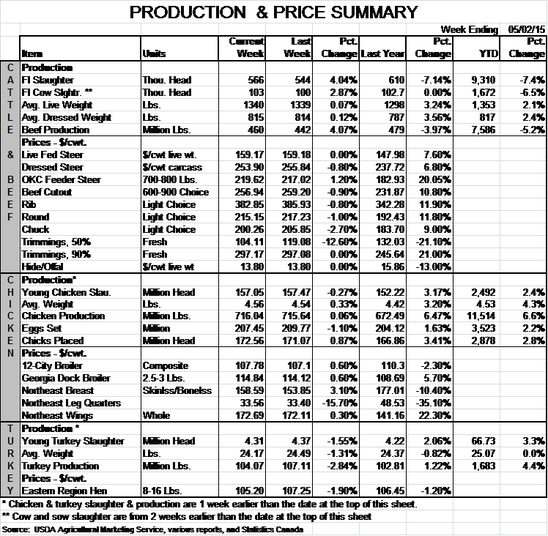Political decisions could impact hog market future
May 4, 2015

The pork industry will be involved in and closely observing three political situations for the remainder of 2015. All are critical to the industry’s future and all could have market impacts this year and beyond.
The Livestock Mandatory Reporting Act of 1999 which created our current mandatory price reporting system is due to automatically expire on Sept. 30. Congress must act to extend the act and keep the system running but it appears that this will happen without a lot of difficulty. Pork producers and packers have identified three changes that they would like to see Congress enact and reauthorization language that includes the changes passed the House Agricultural Committee last week on a voice vote. I am not aware of pending problems in either the entire House or the Senate but we are dealing with Congress so the potential for mischief always exists.
The three changes are:
The creation of a fifth purchase type called Negotiated Formula Purchases to capture animals which are negotiated by a producer and packer (and thus free to move from one buyer to another) on a lot-by-lot basis but for which a set dollar-valued price is not arrived upon. These animals are now included in the Swine or Pork Market Formula category but producers believe they impact the Negotiated category and should not be lumped in with long-term formula bought pigs.
The inclusion of late-day purchases of pigs in the next day’s morning and afternoon purchased swine reports. These late-day purchases are believed to impact the next day’s trade more than they do the actual day they are bought and including them in those next-day reports will provide more hogs, trades and buyers in the data and prevent some of the current issues with non-publication of data due to confidentiality restrictions.
Specify mandatory price reporting as an essential service in order to keep it running in the event of a government shutdown.
Of the three requested changes, the last one is likely the only one that will be contentious in Congress. I suppose virtually every commercial interest in America is trying to get their particular government service designated as essential following the challenges of October 2013. One interesting note, though: Deeming price reporting essential will not cost more than did the shutdown since idled workers received back pay for the time they were not allowed to work. Go figure.
The two other issues are both trade related.
First, the administration is trying to complete work on the Trans-Pacific Partnership trade agreement that holds great promise for the U.S. pork industry. That promise is predicated primarily by the potential removal of Japan’s gate price mechanism for pork imports that has, in effect, shut out the United States and other exporters from the market for lower-valued products. I understand that autos and rice are the primary remaining sticking points but that one critical item is missing: The president’s ability to negotiate a trade deal that will not be changed by Congress.
This authority, called “fast-track” or, more correctly, trade promotion authority sets some parameters and then allows the administration to negotiate trade deals that will receive an up or down vote by Congress with no changes or amendments allowed. The authority gives assurance to trade partners that what they negotiate will be the same as what Congress votes on – an assurance that some are requiring before they will agree to the TPP. But some lawmakers on both sides of the aisle are opposed to extending the same authority to President Obama that has been given to every president since 1974. It appears TPA will be required for TPP, the latter of which is of primary importance to U.S. pork.
Finally, there is mandatory country-of-origin labeling. The World Trade Organization will render its decision this month on the latest U.S. appeal of an adverse finding regarding this 2003 law and the subsequent rules that have been enacted to administer it. The United States is going to lose this appeal just as it has lost all previous ones. But this time, Canada and Mexico will be given the green light to impose retaliatory tariffs.
Canada’s will be an exercise in self-injury since any negative impact on U.S. prices will also decrease Canadian prices. I believe the impact, though, will be small since Canada is a pork-surplus country meaning that any reduction of imports from the United States will just reduce Canadian exports and allow the U.S. product to flow to those vacated Canadian export markets. The same is true of Canadian beef. It would be best for Canada to leave beef and pork alone and put more tariffs on industrial goods that might lead to more Congressional support for a repeal.
Mexico’s tariffs, though, will bite. The reason is that a restriction of exports to Mexico will indeed drive prices there higher, reducing consumption. The product that we cannot ship to Mexico at these higher prices will have to find a home here or in another market, putting pressure on domestic prices.
And the scariest part of all of this? Some close observers do not believe the U.S. Senate will act on MCOOL before its August break meaning that the retaliatory tariffs are very likely to be enacted. I had hoped Congress would act at the 11th hour to prevent this fiasco but I’m hearing that my optimism might be just wishful thinking.

About the Author(s)
You May Also Like





